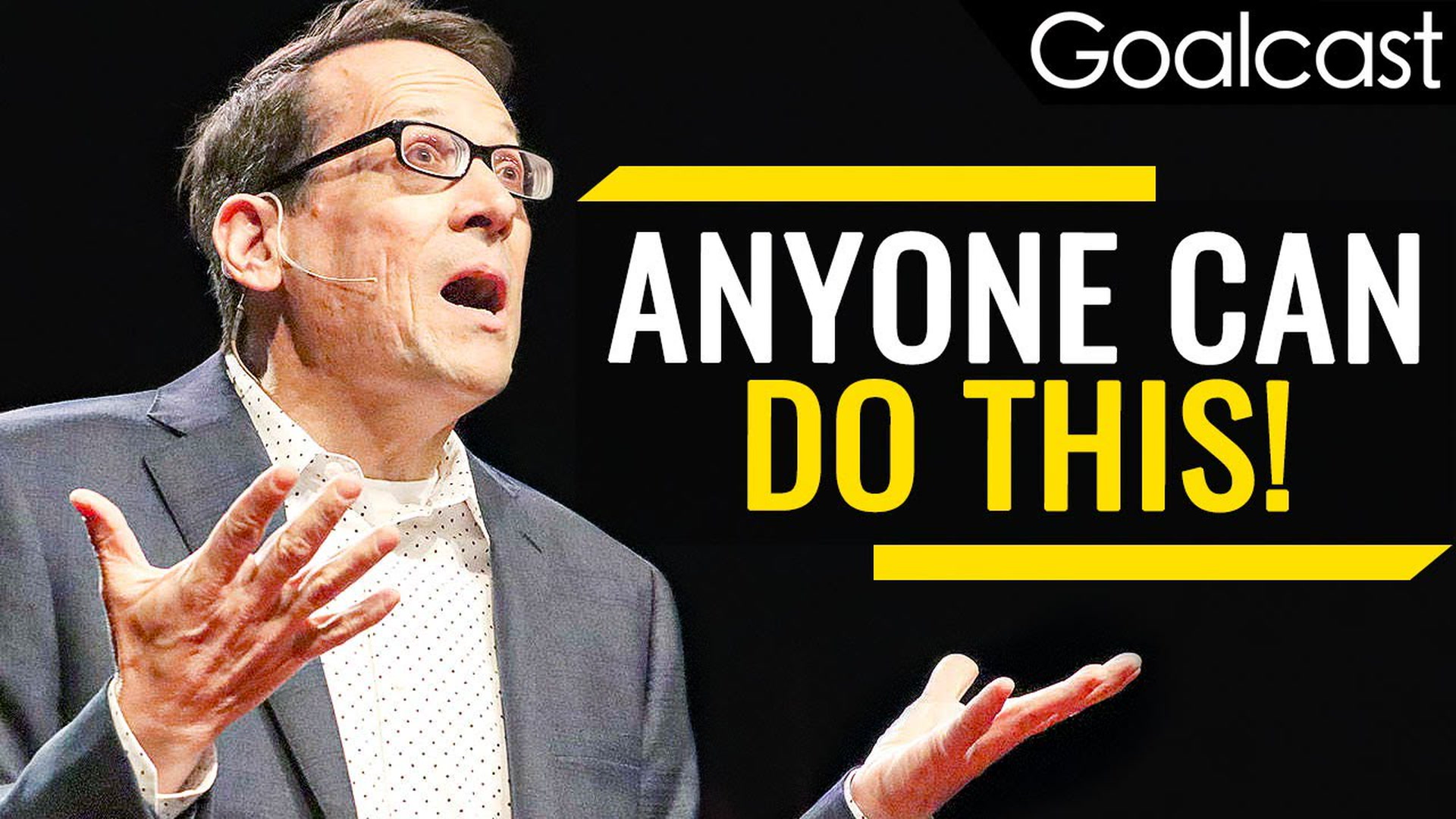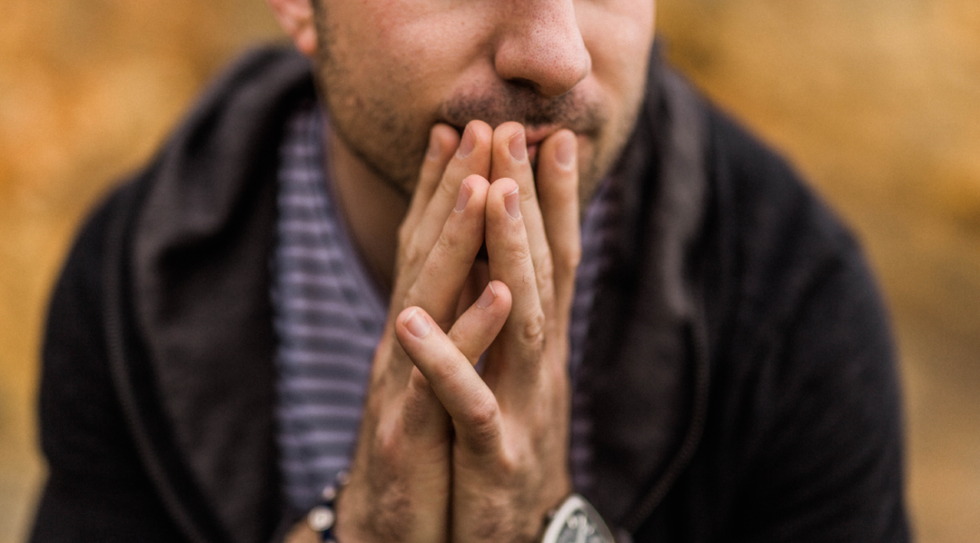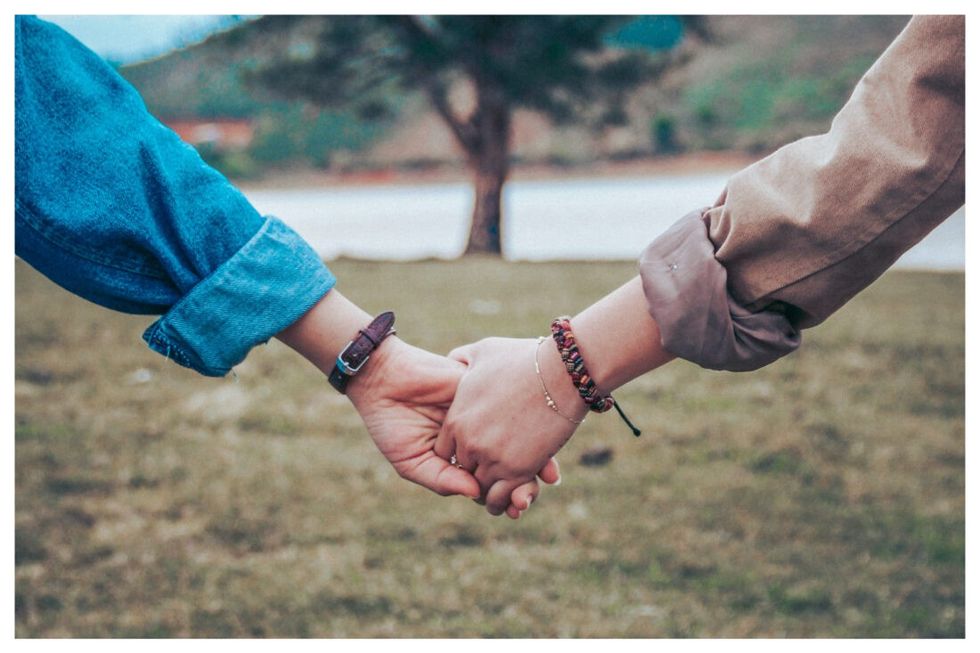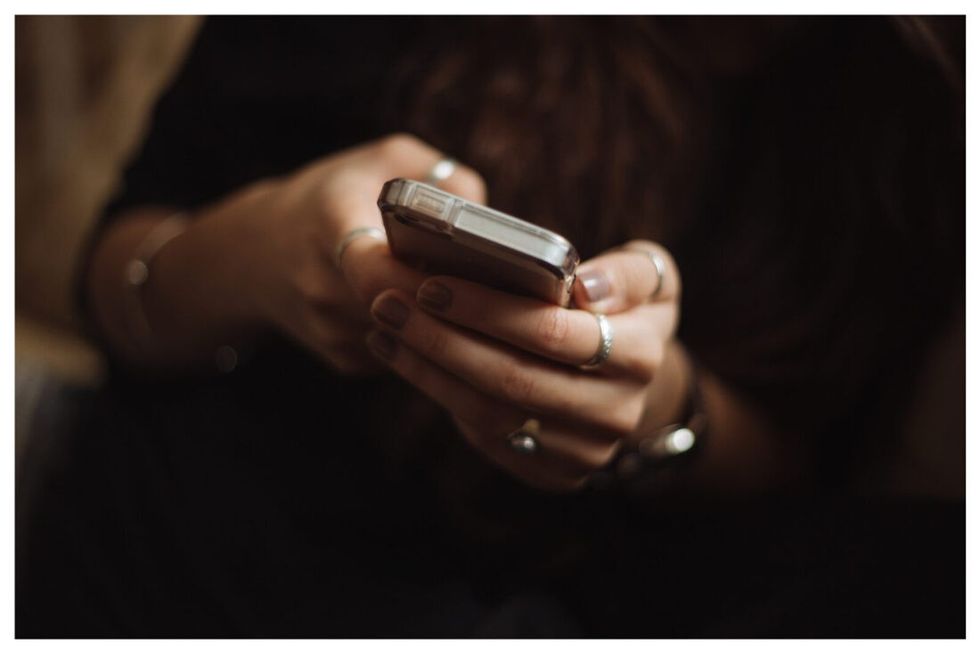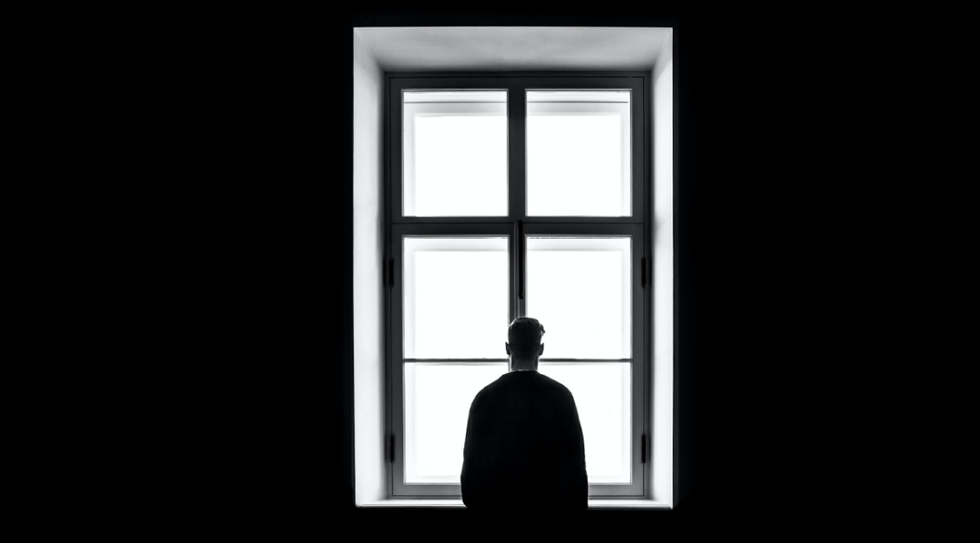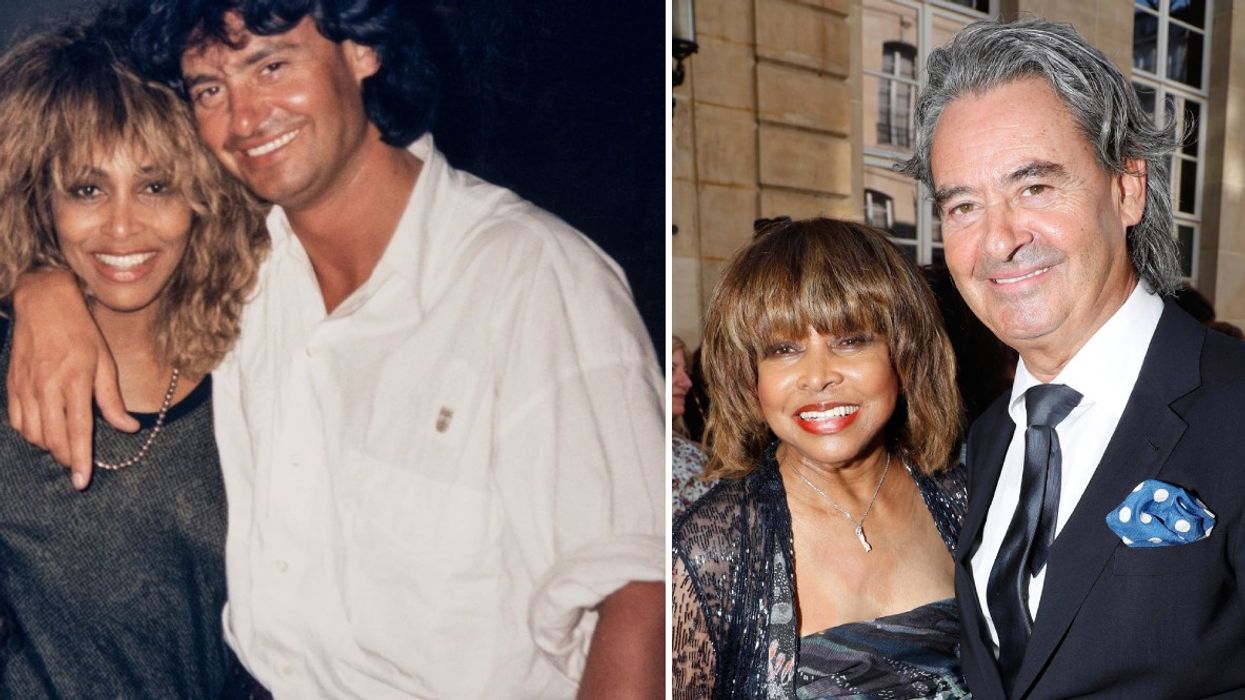Racism is considered the marginalization and/or oppression of people of color based on a socially constructed racial hierarchy that privileges another race. The term is applied in many areas of a society that perpetuates discrimination on the basis of race or strengthen racial inequalities in education, health care, income, and civil rights.
Ever since the 20th century, the concept of biological race is considered a cultural invention that has no scientific basis. The progress over the past half-century has been impressive, but the nation still has a long way to go to reach true racial equality.
The following racism quotes contain inspiring perspectives to help you reflect and do whatever you can to make the world a better place for you and generations yet to come. Showing that you care about other people’s well-being, that you are an ally in promoting inclusion and equity, are some great actions you can take to help overcome the consequences of racism.
It all starts with
awareness. Just because racism doesn’t happen among the people you know, it
doesn’t mean it doesn’t exist. Passive racism is probably the most insidious
factor that contributes to the ongoing problem.

Here are 30 quotes on racism
quotes to help fight prejudice and injustice:
There is no such thing as race. None. There is just a human race -- scientifically, anthropologically.
TONI MORRISON (more Toni Morrison quotes)
Not everything that is faced can be changed, but nothing can be changed until it is faced.
JAMES BALDWIN
People who insist on dividing the world into 'Us' and 'Them' never contemplate that they may be someone else's 'Them.'
RAY A. DAVIS
Hating people because of their color is wrong. And it doesn't matter which color does the hating. It's just plain wrong.
MUHAMMAD ALI
If you have come to help me you are wasting your time. But if you recognize that your liberation and mine are bound up together, we can walk together.
LILA WATSON
In a racist society, it is not enough to be non-racist. We must be anti-racist.
ANGELA DAVIS (more Angela Davis quotes)
None of us is responsible for the complexion of his skin. This fact of nature offers no clue to the character or quality of the person underneath.
MARIAN ANDERSON
Accomplishments have no color.
LEONTYNE PRICE
If you are neutral in situations of injustice, you have chosen the side of the oppressor.
DESMOND TUTU
As long as there is racial privilege, racism will never end.
WAYNE GERARD TROTMAN
Every great dream begins with a dreamer. Always remember, you have within you the strength, the patience, and the passion to reach for the stars to change the world.
HARRIET TUBMAN (more Harriet Tubman quotes)
It is not our differences that divide us. It is our inability to recognize, accept, and celebrate those differences.
AUDRE LORDE
I refuse to accept the view that mankind is so tragically bound to the starless midnight of racism and war that the bright daybreak of peace and brotherhood can never become a reality… I believe that unarmed truth and unconditional love will have the final word
MARTIN LUTHER KING
The very serious function of racism is distraction. It keeps you from doing your work. It keeps you explaining, over and over again, your reason for being.
TONI MORRISON
It belongs to the very substance of nonviolence never to destroy or damage another person's feeling of self worth, even an opponent's.
BERNARD HARING
Tolerance, inter-cultural dialogue and respect for diversity are more essential than ever in a world where peoples are becoming more and more closely interconnected.
KOFI ANNAN
One day our descendants will think it incredible that we paid so much attention to things like the amount of melanin in our skin or the shape of our eyes or our gender instead of the unique identities of each of us as complex human beings.
FRANKLIN THOMAS

Prejudice is a burden that confuses the past, threatens the future, and renders the present inaccessible.
MAYA ANGELOU
Those who deny freedom to others, deserve it not for themselves.
ABRAHAM LINCOLN (more Abraham Lincoln quotes)
Racism is man’s gravest threat to man -- the maximum of hatred for a minimum of reason.
ABRAHAM HESCHEL
Travel is fatal to prejudice, bigotry and narrow-mindedness.
MARK TWAIN
When will our conscience grow so tender that we will act to prevent human misery rather than avenge it?
ELEANOR ROOSEVELT
We all live with the objective of being happy; our lives are all different and yet the same.
ANNE FRANK
I refuse to accept the view that mankind is so tragically bound to the starless midnight of racism and war that the bright daybreak of peace and brotherhood can never become a reality.... I believe that unarmed truth and unconditional love will have the final word.
MARTIN LUTHER KING, JR. (more Martin Luther King Jr. quotes)

Whoever debases others is debasing himself.
JAMES BALDWIN
No matter how big a nation is, it is no stronger than its weakest people, and as long as you keep a person down, some part of you has to be down there to hold him down, so it means you cannot soar as you might otherwise.
MARIAN ANDERSON
Race and racism is a reality that so many of us grow up learning to just deal with. But if we ever hope to move past it, it can't just be on people of color to deal with it. It's up to all of us -- Black, white, everyone -- no matter how well-meaning we think we might be, to do the honest, uncomfortable work of rooting it out.
MICHELLE OBAMA
No one is born hating another person because of the color of his skin, or his background, or his religion. People must learn to hate, and if they can learn to hate, they can be taught to love, for love comes more naturally to the human heart than its opposite.
NELSON MANDELA (more Nelson Mandela quotes)
The beauty of anti-racism is that you don't have to pretend to be free of racism to be an anti-racist. Anti-racism is the commitment to fight racism wherever you find it, including in yourself. And it's the only way forward.
IJEOMA OLUO
The most potent weapon in the hands of the oppressor is the mind of the oppressed.
STEPHEN BIKO













